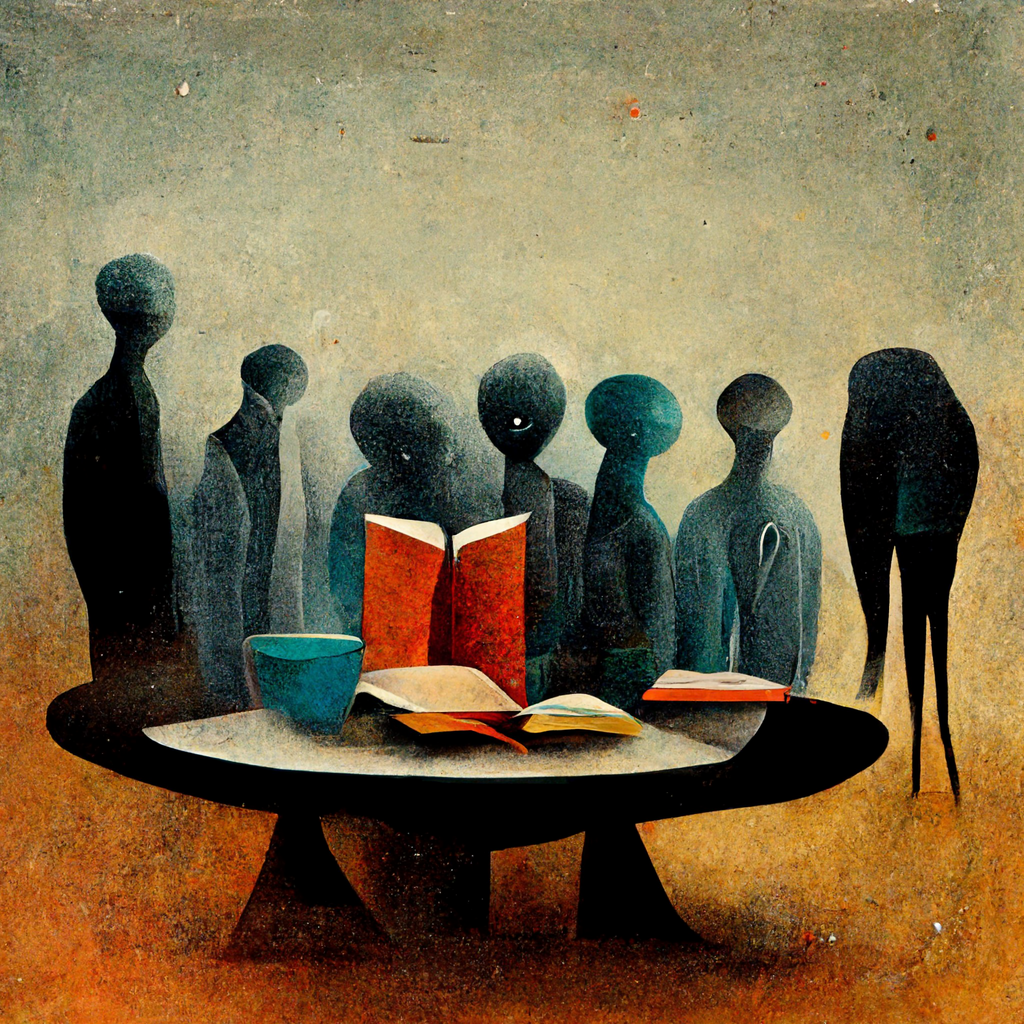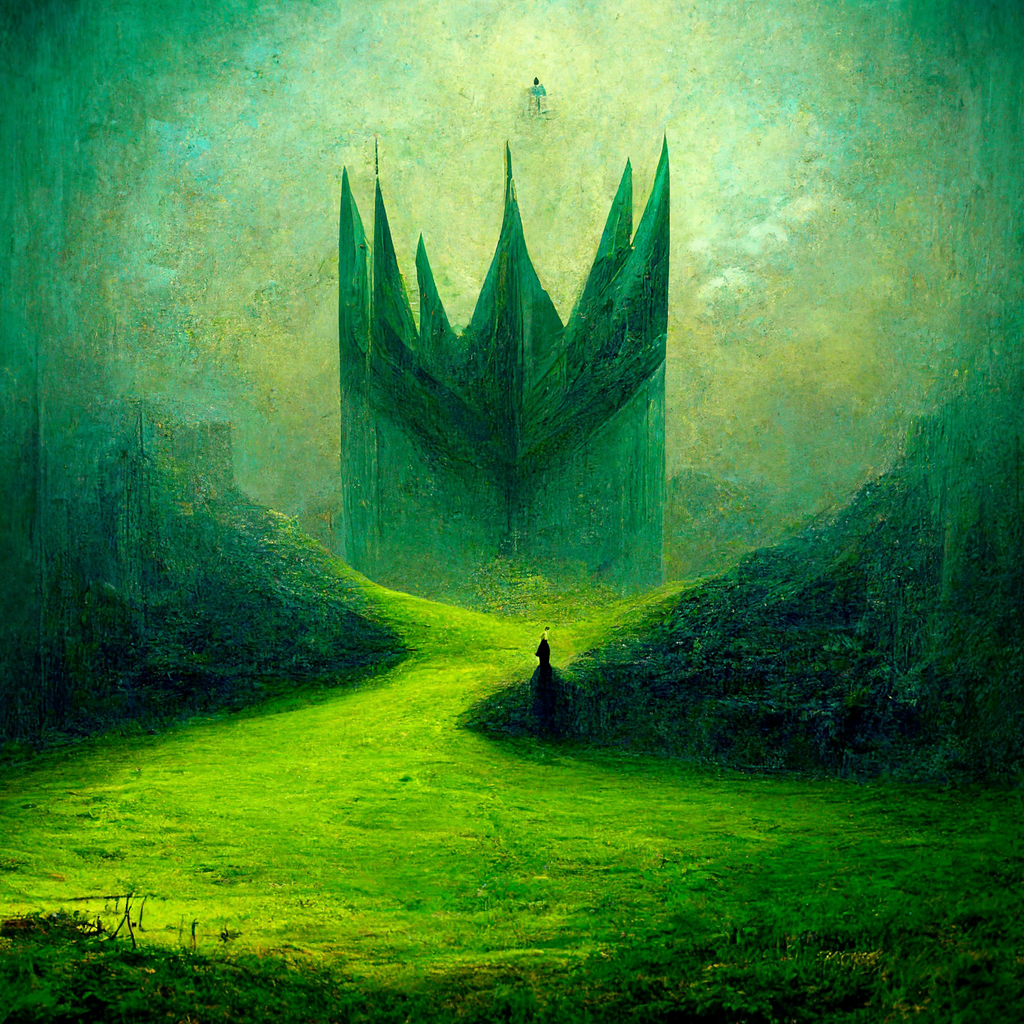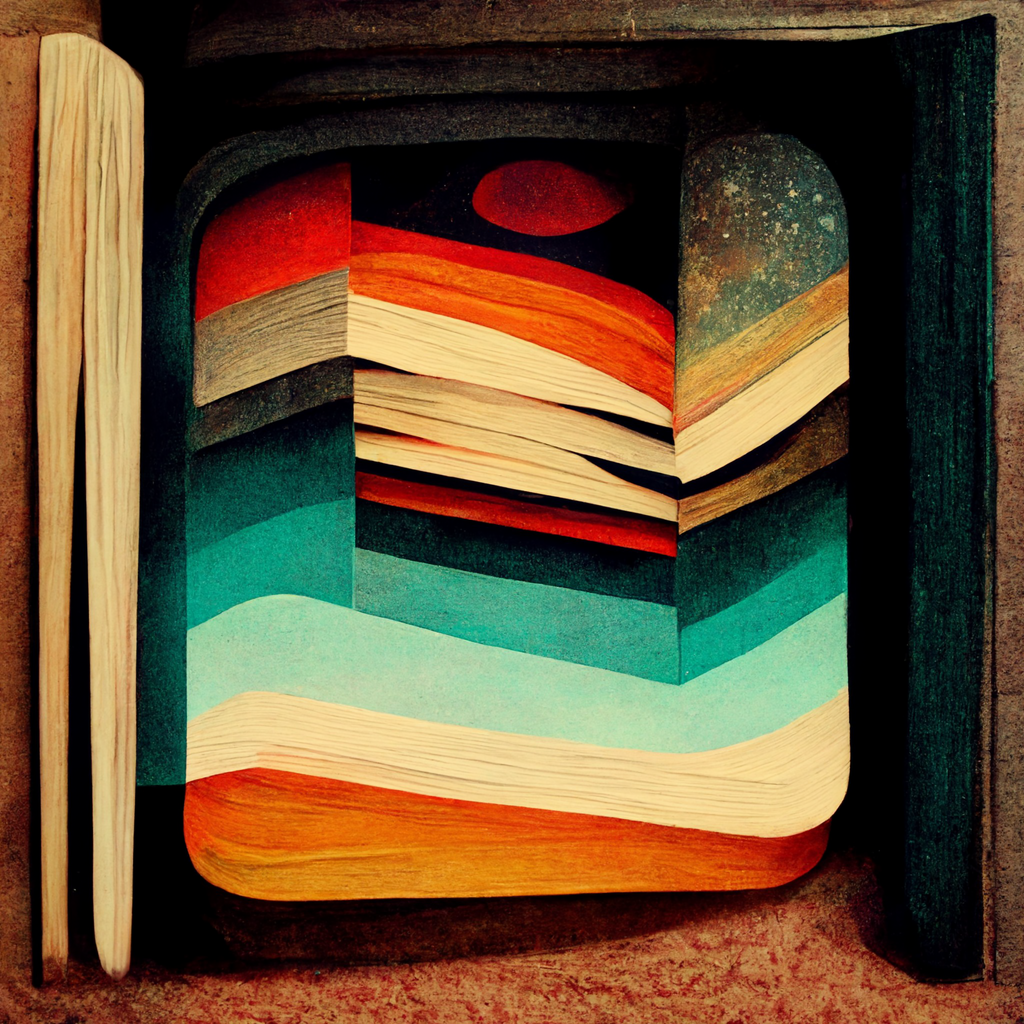In the realm of role-playing games, collaboration is at the heart of the experience. It is a collective effort where everyone's contributions and perspectives are highly valued. To ensure that the game is enjoyable for all participants, it is important to embrace good roleplaying etiquette. By following a few simple guidelines, players can foster a positive and inclusive atmosphere where creativity thrives and everyone feels engaged and respected.
At the heart of every role-playing game lies an exhilarating world of boundless possibilities and endless creativity. As an avid RPG gamer, I have experienced firsthand the transformative power of this immersive and captivating form of entertainment. Within these virtual realms, gender becomes irrelevant, and players are united by their shared passion for exploration, storytelling, and self-expression. Today, I want to delve into the incredible journey of RPG gaming, from the perspective of a passionate gamer who revels in the freedom to create and develop unique characters, embodying visions and unleashing creativity. This is a world of infinite possibilities, a world in which I can express myself and let my imagination take me to places I can only dream of. It's a world that I can explore and a world I can shape, the perfect medium for creating some of the most extraordinary stories and characters.
roleplaying games provide an immersive and rewarding experience that goes beyond entertainment. By encouraging creativity and storytelling, RPGs empower players to tap into their imagination, develop complex characters, and engage in collaborative narrative-building. Whether you are an aspiring storyteller or simply seeking a fun and engaging form of entertainment, RPGs offer a world of possibilities for creative expression and imaginative thinking. So, gather your friends, embark on epic quests, and let the power of RPGs unleash your creativity and storytelling prowess.
Role-playing games, or RPGs, are a delightful form of entertainment that not only offer hours of fun and adventure, but also provide a valuable platform for nurturing creativity and honing storytelling skills. These games are a canvas upon which players can unleash their imagination and bring their ideas to life.
A role-playing game (RPG) is a type of game in which players assume the roles of characters in a fictional setting. Players take on the personas of these characters and interact with each other and the game's story and the world through improvisation and guided decision-making. The game is usually led by a Game Master (GM) who acts as the narrator, storyteller and referee for the game.
Introduction
The RPG glossary is a series of works from different websites and all credit goes to them and their hard work. Copied across to just make cross-referencing here easier. This site is using the information for reference and if in any doubt do go visit the pages themselves as they host a lot of great content and provide a lot of useful resources.
Besides the terms listed here, there are numerous terms used in the context of specific, individual RPGs such as Dungeons & Dragons (D&D), Pathfinder, Fate, and Vampire: The Masquerade.
The origins of role-playing games
The origins of role-playing games can be traced back to the late 1960s and early 1970s, with the publication of the first modern role-playing game, Dungeons & Dragons (D&D) in 1974. D&D was created by Gary Gygax and Dave Arneson, who was inspired by miniature wargames and fantasy literature. The game was a breakthrough success and quickly sparked a new hobby and industry.
Recent Comments
No comments to show.






